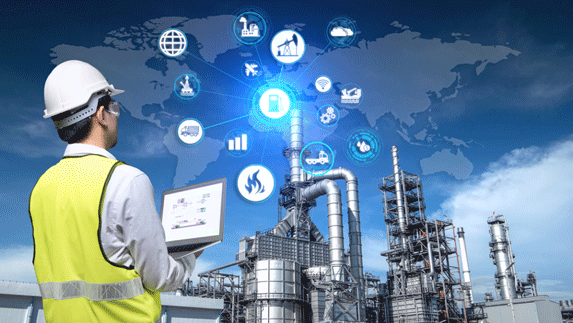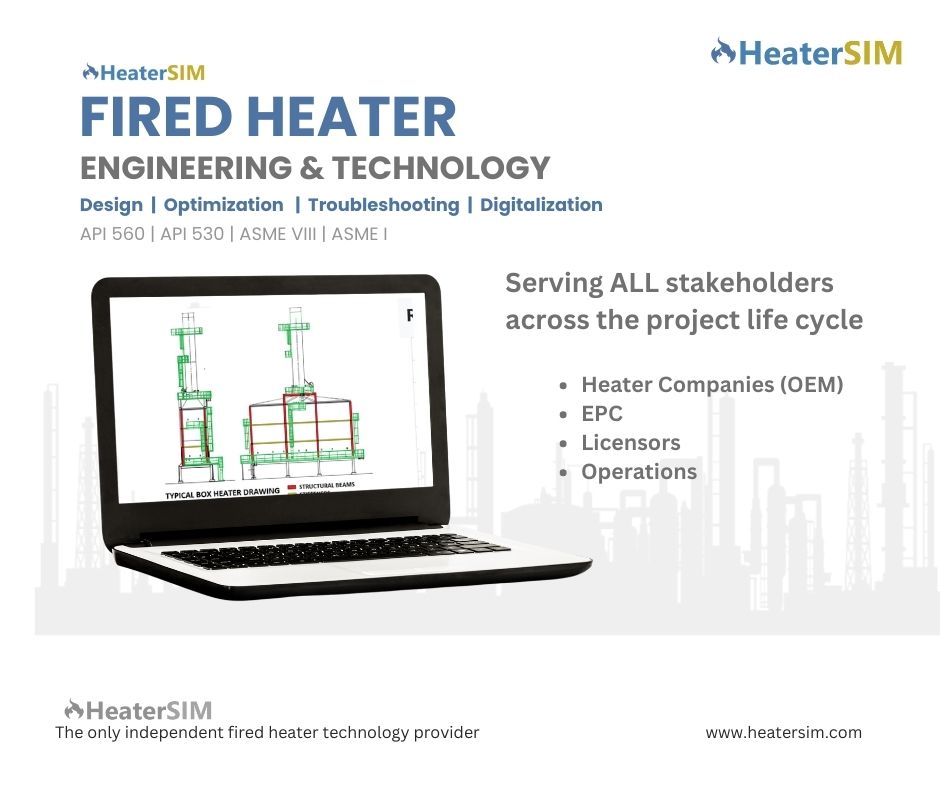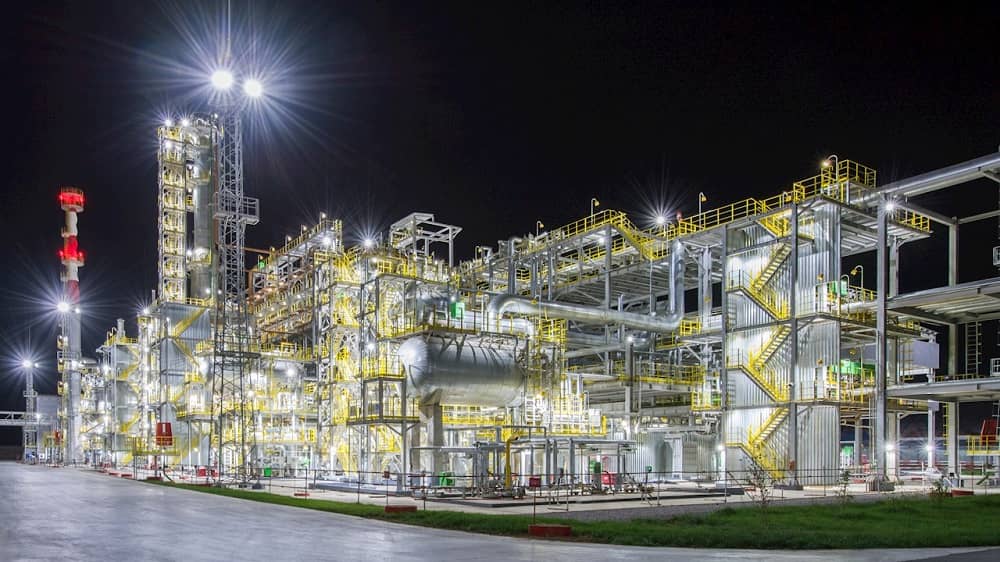Fired heaters, also known as process furnaces, play a pivotal role in industrial operations by providing the heat required for essential processes such as distillation, cracking, and reforming. However, the operation of fired heaters presents several challenges, including energy inefficiencies, emissions, and maintenance issues. Addressing these challenges is essential to maximizing efficiency and sustainability in industrial operations.
In today's environmentally conscious world, the imperative of energy efficiency and sustainability is paramount. Regulatory bodies and environmental organizations emphasize the importance of reducing energy consumption and minimizing emissions to mitigate climate change and preserve natural resources. For industries relying on fired heaters, optimizing energy efficiency is crucial for minimizing environmental impact and ensuring long-term sustainability.

Image title
Digitalization offers a transformative approach to optimizing fired heater performance and energy efficiency. By integrating advanced sensors, data analytics, and control systems, organizations can monitor, analyze, and optimize fired heater operations in real-time. Digital twin technology further enhances optimization efforts by creating virtual models that simulate fired heater behavior under different operating conditions, enabling predictive maintenance and performance optimization.

One of the key benefits of digitalization in fired heater optimization is the implementation of advanced control systems. These systems utilize sophisticated algorithms to optimize combustion, heat transfer, and overall heater operation. By continuously adjusting parameters such as fuel-air ratio and burner settings, advanced control systems ensure optimal performance while minimizing energy consumption and emissions. Real-time monitoring and adaptive control capabilities further enhance performance and reliability.

Data analytics plays a critical role in optimizing fired heater performance and energy efficiency. By collecting and analyzing operational data, organizations can identify patterns, trends, and inefficiencies that impact performance. Machine learning algorithms and predictive analytics enable organizations to make data-driven decisions, leading to targeted interventions that improve energy efficiency, reduce downtime, and optimize maintenance schedules.

Compliance with regulatory requirements and environmental mandates is essential for industries operating fired heaters. Digitalization facilitates compliance efforts by enabling real-time monitoring of emissions, tracking pollutant levels, and ensuring adherence to regulatory standards. By implementing digital solutions for environmental monitoring and reporting, organizations can demonstrate their commitment to regulatory compliance and environmental stewardship.

Real-world case studies and success stories illustrate the tangible benefits of digitalization for fired heater optimization. Organizations that have embraced digitalization initiatives have achieved significant improvements in performance, energy efficiency, and environmental compliance. These success stories serve as compelling examples of the transformative impact of digitalization on industrial operations, inspiring others to embark on similar journeys.
In conclusion, digitalization offers immense potential for optimizing fired heater performance and energy efficiency. By leveraging advanced technologies and data-driven insights, organizations can enhance operational efficiency, reduce environmental impact, and ensure regulatory compliance. However, realizing the full benefits of digitalization requires a strategic approach, strong leadership, and a commitment to continuous improvement. As industries continue to embrace digital transformation, fired heater optimization will play a crucial role in shaping a more sustainable and efficient future.